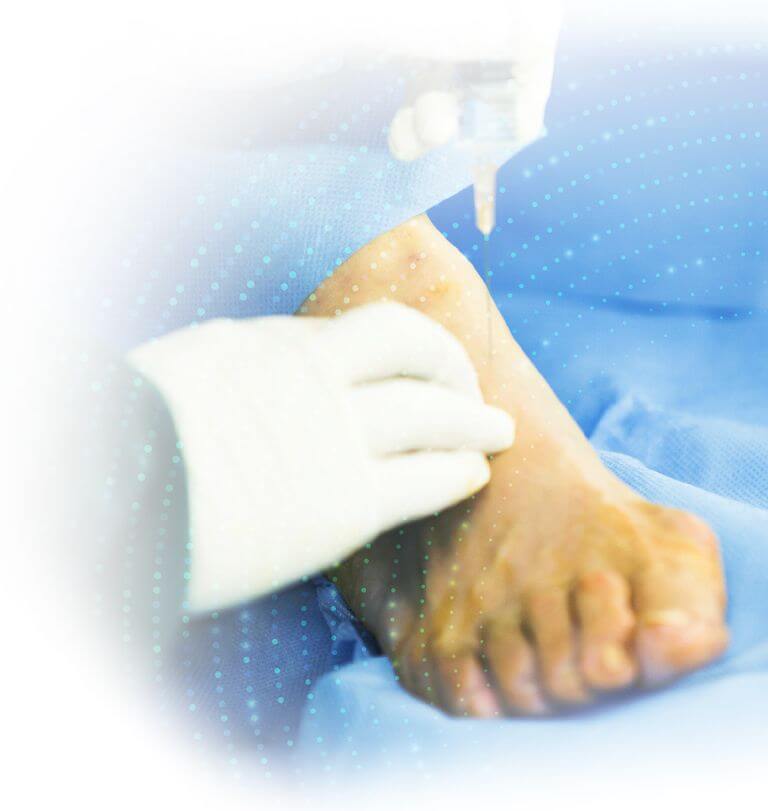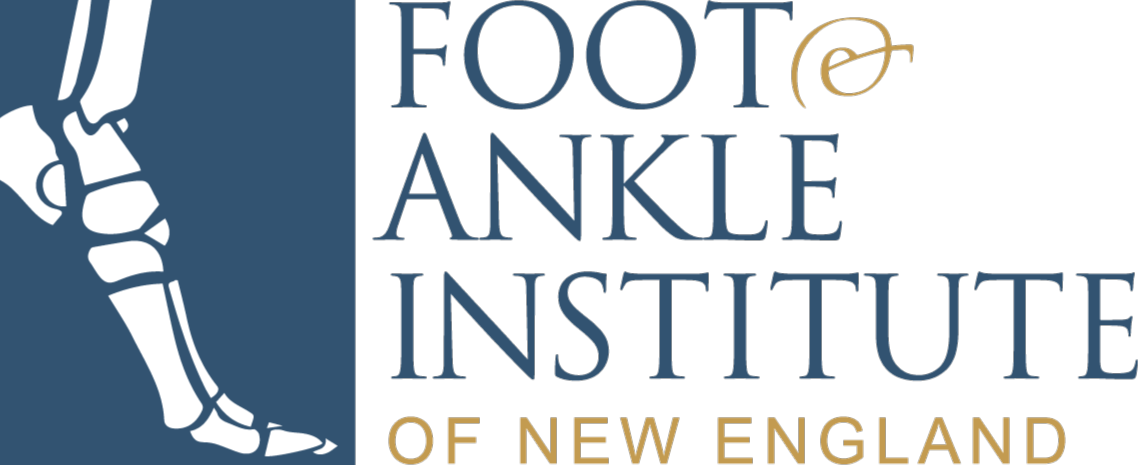Ankle pain may indicate several different foot or ankle conditions. You may have suffered an acute but temporary condition like an ankle sprain or inflammation due to overuse. It could also indicate more serious problems, such as a fracture, ankle instability, or degenerative arthritis. We may recommend an ankle arthroscopy to get a closer look at the ankle without having to make a large incision in the foot.

Why an Ankle Arthroscopy Is Performed
An ankle arthroscopy is used frequently to diagnose and treat a wide variety of foot and ankle issues, including:
- Arthritis
- Bone chips or other loose fragments
- Cartilage damage
- Dislocation
- Impingement
- Instability
- Fracture
- Ligament tears
- Tendonitis and other tendon injuries
If you are experiencing ankle pain, our board-certified and highly skilled foot and ankle surgeons will help you out. Our surgeons will assess you thoroughly and see if an arthroscopy is indicated. This minimally invasive procedure can often provide relief from a wide variety of ankle problems.
Benefits of Arthroscopy
Because only the tiniest incisions are necessary to conduct an ankle arthroscopy, the procedure offers numerous benefits over more traditional “open” surgeries, in which a larger incision is made, and the target area opened for viewing and fixing by your surgeon.
The benefits of an ankle arthroscopy include:
- Faster recovery time
- Reduced risk of complications (e.g., infection, excess bleeding)
- Little to no visible scarring
- Less post-op pain
- It’s a same-day, outpatient procedure
Minimally Invasive Ankle Arthroscopy in RI and MA
If you’re considering an ankle arthroscopy, be sure to choose a surgeon who has mastered the art of this highly specialized procedure. For that level of expertise, you’ll want to consult the board-certified surgeons at the Foot & Ankle Institute of New England. Get started by contacting the office nearest you, in Warwick, Rhode Island; Middletown, Rhode Island; or Dartmouth, Massachusetts. You can also use our online appointment request form.


